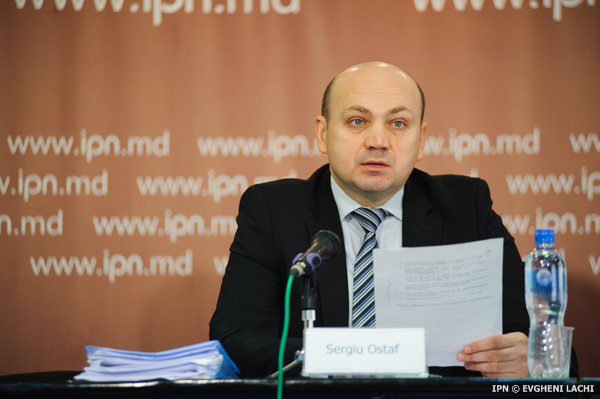The National Participation Council (NPC) supports the extension of the privatization policy and approves of the list of state-owned facilities proposed by the Government for denationalization, but seeks transparency, the Council’s head Sergiu Ostaf said in a news conference at IPN, which centered on the agenda of the September 11 meeting of the executive.
Sergiu Ostaf said the NPC considers the privatization of state-run companies is opportune. However, they have certain recommendations in this respect. First of all, the privatization process must respect all the transparency procedures. All the potential buyers must be supplied with information, while society must be informed about the privatization results in detail.
Elena Terzi, consultant on public policy at the NPC, said civil society is for the broad use of electronic platforms in the privatization process. The Government’s agenda includes four regulations concerning privatization and they are in compliance with the provisions of the World Trade Origination and the EU.
Executive director of “Eco-Tiras” Association Ilya Trombitski, who is a member of the Council, referred to the regulations on the method of constituting and the functioning of the district committee for hydrographic basin. According to him, the regulations are good, but the executive delays approving them. However, even if Transnistria occupies an important part of Moldova’s territory, this committee does not include representatives of the region.
In another development, the NPC disproved of a bill of a group of MPs providing for the reintroduction of the zero tax on the incomes of legal entities or corporate incomes. This tax concession exists only in the states that are considerate a ‘fiscal paradise’ or in the offshore areas where there are no other methods of attracting investments. The Council is for maintaining the tax at a competitive level of at most 10%.
The National Participation Council repeatedly called on the Government to respect the legislation on transparency in decision-making, saying seven bills of today’s agenda do not obey this legislation.

